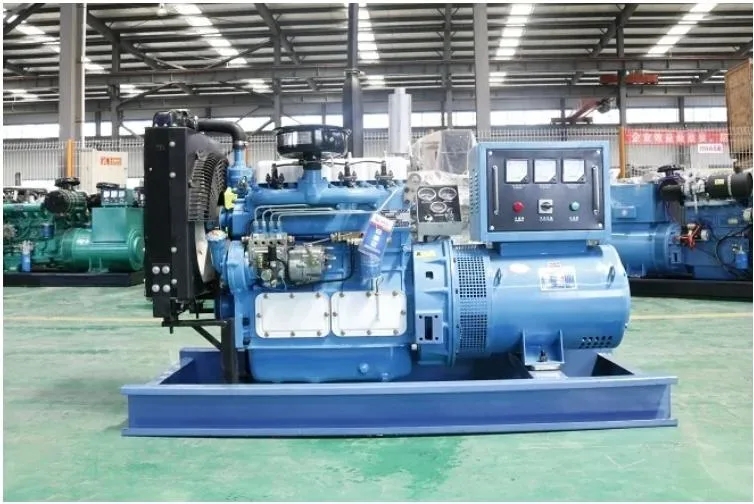Introduction
Reliability testing is a crucial process in various industries to ensure the dependability and performance of products, systems, and equipment under different conditions. One of the key components in conducting reliability testing is a diesel generator. Diesel generators play a vital role in providing continuous power supply during testing procedures, ensuring uninterrupted operations and accurate results. This article explores the significance of diesel generators in reliability testing, their key features, benefits, and considerations for selecting the right generator for testing applications.
Importance of Diesel Generators in Reliability Testing
Reliability testing involves subjecting products or systems to various stress factors, such as temperature extremes, voltage fluctuations, and mechanical vibrations, to assess their durability and performance over time. To simulate real-world conditions accurately, it is essential to have a reliable power source that can deliver consistent electricity throughout the testing process. Diesel generators are preferred for reliability testing due to their robustness, fuel efficiency, and ability to provide continuous power for extended periods.
Key Features of Diesel Generators for Reliability Testing

1. Robust Construction: Diesel generators are built to withstand harsh operating conditions, making them ideal for reliability testing environments that may involve extreme temperatures, humidity, or dust.
2. Fuel Efficiency: Diesel engines are known for their fuel efficiency compared to other types of generators, ensuring cost-effective operation during prolonged testing procedures.
3. High Power Output: Diesel generators can deliver high power output, making them suitable for powering multiple testing equipment and systems simultaneously.
4. Reliability and Durability: Diesel generators are renowned for their reliability and durability, ensuring uninterrupted power supply during critical reliability testing processes.
5. Easy Maintenance: Diesel generators are relatively easy to maintain, with fewer moving parts and simpler operation compared to other power sources.
Benefits of Using Diesel Generators in Reliability Testing
1. Continuous Power Supply: Diesel generators provide a reliable source of power during reliability testing, ensuring uninterrupted operations and accurate data collection.
2. Cost-Effective Operation: Diesel generators offer cost-effective operation due to their fuel efficiency and long service life, making them a preferred choice for long-term testing projects.
3. Versatility: Diesel generators can be used in a wide range of reliability testing applications across various industries, from automotive to aerospace and telecommunications.
4. Quick Start-Up Time: Diesel generators have a quick start-up time, allowing for immediate power supply when needed, especially during sudden power outages or emergencies.
5. Environmental Considerations: Modern diesel generators are designed to meet stringent emission standards, making them environmentally friendly and compliant with regulatory requirements.
150kw diesel generator for Selecting the Right Diesel Generator for Reliability Testing
1. Power Requirements: Determine the power output needed for your reliability testing applications to select a diesel generator with the appropriate capacity.
2. Fuel Efficiency: Consider the fuel consumption rate of the diesel generator to ensure cost-effective operation over the testing period.
3. Portability: If mobility is required for your testing projects, choose a portable diesel generator that can be easily transported to different testing sites.
4. Noise Level: Select a diesel generator with low noise emissions to minimize disruptions during testing procedures, especially in indoor environments.
5. Maintenance and Serviceability: Choose a diesel generator from a reputable manufacturer with reliable customer support and access to spare parts for maintenance and repairs.
Conclusion
Diesel generators play a vital role in reliability testing by providing a reliable and continuous power source for testing equipment and systems. Their robust construction, fuel efficiency, and reliability make them well-suited for a wide range of testing applications across various industries. When selecting a diesel generator for reliability testing, consider factors such as power requirements, fuel efficiency, portability, noise level, and maintenance to ensure optimal performance and cost-effective operation. By choosing the right diesel generator for your reliability testing needs, you can ensure accurate results, uninterrupted operations, and enhanced product performance and durability.
